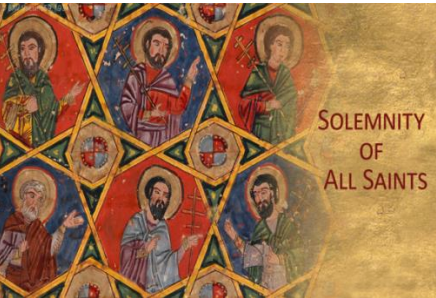
As Jesus continues his journey to Jerusalem, he is confronted by a scholar of the law who wants to test him. The lawyer asks what we must do to inherit eternal life. Jesus asks the expert to answer this question, “What is written in the law?” The man is caught and responds with Deuteronomy 6:5. Love of God and love of neighbour are what is required for eternal life. Jesus' response is simple, “Do this and you will live.” The lawyer tries another question: Who is my neighbour whom I must love like myself? This was a trick question. Jesus responds with the parable, the Good Samaritan. The traveller in this parable is identified only as “a certain man.” Luke uses this phrase in many of his parables so that the audience, could identify with the man. After an attack from bandits, a man is left for dead, naked and bleeding on the side of the road. A priest comes along, instead of helping, he crosses the road. Another religious person comes along. His reaction is the same as the priest's. Both choose to not find out if the man is alive. A third comes along. Instead, he is a Samaritan, an Israelite's most hated neighbour. The Samaritan goes over to the injured man, cleans his wounds, puts him on his own animal, takes him to an inn to recover, and promises to pay all his expenses. The hated enemy is the compassionate neighbour in this parable. Jesus has demolished all boundary expectations. It is not social definitions such as class, religion, gender, or ethnicity that determines who is our neighbour. A neighbour is a person who acts with compassion toward another. The point becomes not who deserves to be loved as I love myself, but that I become a person who treats everyone with compassion. When Jesus asks the lawyer who was the neighbour in the story, he can't bring himself to say it was the Samaritan. All he says is that it was “the one who treated him with mercy.” Jesus' response was similar to that of the first discussion: “Go and do likewise.” The lawyer, and we, know what is right. The key is to do it.









